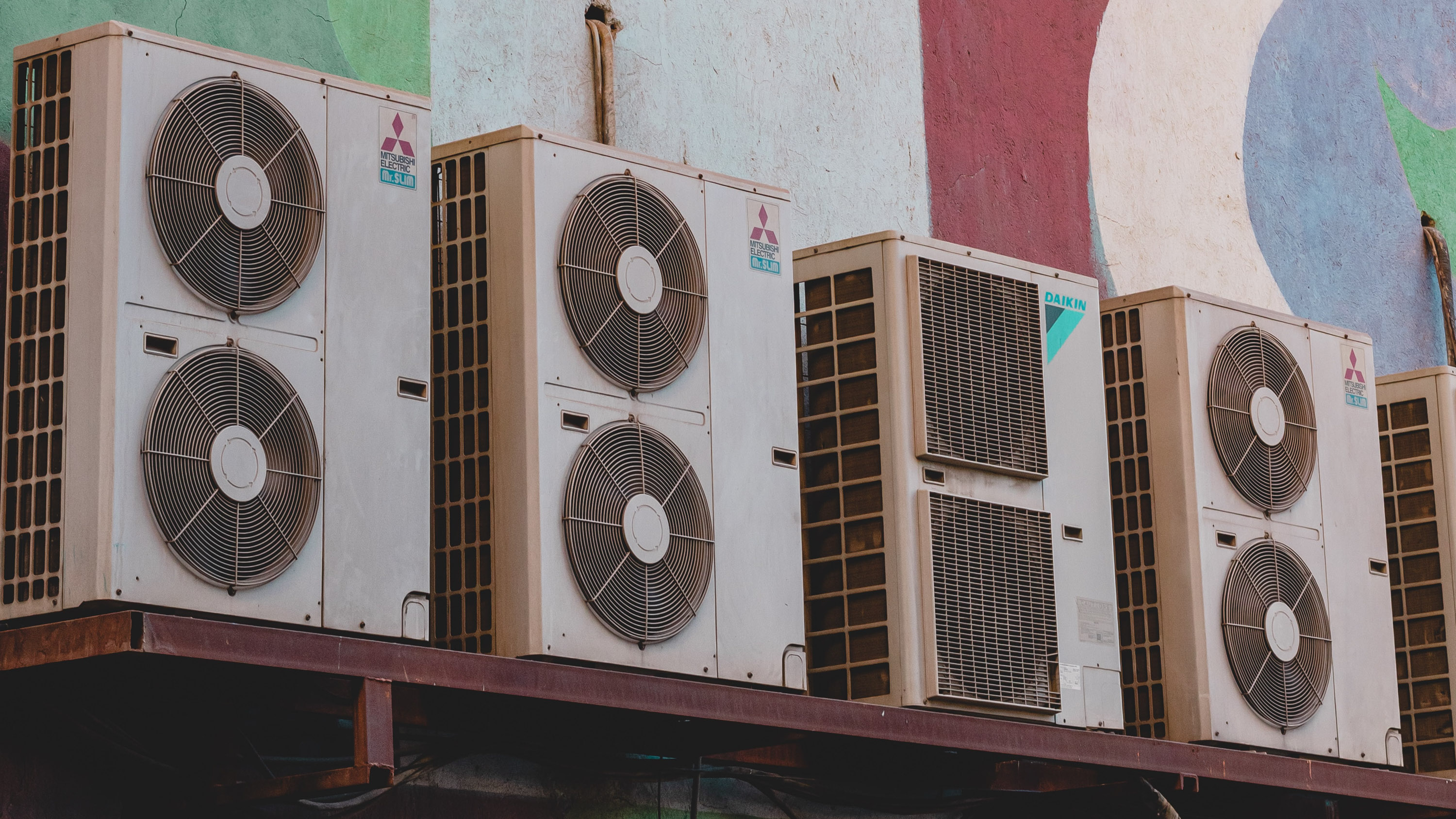Climate change-fueled heatwaves could kill millions

Blistering heatwaves are breaking temperature records around the globe this year, from Iraq to the American Southwest. And it’s only going to get worse, as climate change accelerates.
By the end of this century, extreme heat spells could kill roughly as many people as all infectious diseases combined, including HIV, malaria and yellow fever, according to a new study.
The findings: Heatwaves will kill an additional 73 people per 100,000 by 2100, under a scenario in which nations continue to pump out high levels of greenhouse gas emissions (known as RCP8.5), according to research by the Climate Impact Lab, a group of climate economists and researchers at several US universities.
In some of the hottest and poorest parts of the world, like Bangladesh, Pakistan and Sudan, the mortality rate could reach or exceed 200 deaths per 100,000.
But … A growing number of climate researchers argue such a high-end scenario, though often used, is too pessimistic given flattening global emissions. Under a more optimistic scenario in which greenhouse gas pollution peaks around 2040 and begin falling thereafter, additional deaths would decline to 11 per 100,000. Depending on the population at that point, that could still be around a million extra fatalities.
Adapt: The 73 deaths projection takes into account investments into climate adaptions that richer nations are likely to make into things like air conditioning and urban cooling centers, based on historic patterns. If a country can afford it, adaptations are well worth the cost, cutting the death rate by 29% and shrinking the blow to domestic GDP. But many poor, hot nations, which will already suffer disproportionately from worsening heat waves, won’t have that luxury.
Methods: The researchers drew their conclusions by analyzing the historic links between temperature records and mortality data in dozens of nations, and projecting future deaths using highly regional climate projections.
Deep Dive
Climate change and energy
The problem with plug-in hybrids? Their drivers.
Plug-in hybrids are often sold as a transition to EVs, but new data from Europe shows we’re still underestimating the emissions they produce.
Harvard has halted its long-planned atmospheric geoengineering experiment
The decision follows years of controversy and the departure of one of the program’s key researchers.
Why hydrogen is losing the race to power cleaner cars
Batteries are dominating zero-emissions vehicles, and the fuel has better uses elsewhere.
Decarbonizing production of energy is a quick win
Clean technologies, including carbon management platforms, enable the global energy industry to play a crucial role in the transition to net zero.
Stay connected
Get the latest updates from
MIT Technology Review
Discover special offers, top stories, upcoming events, and more.